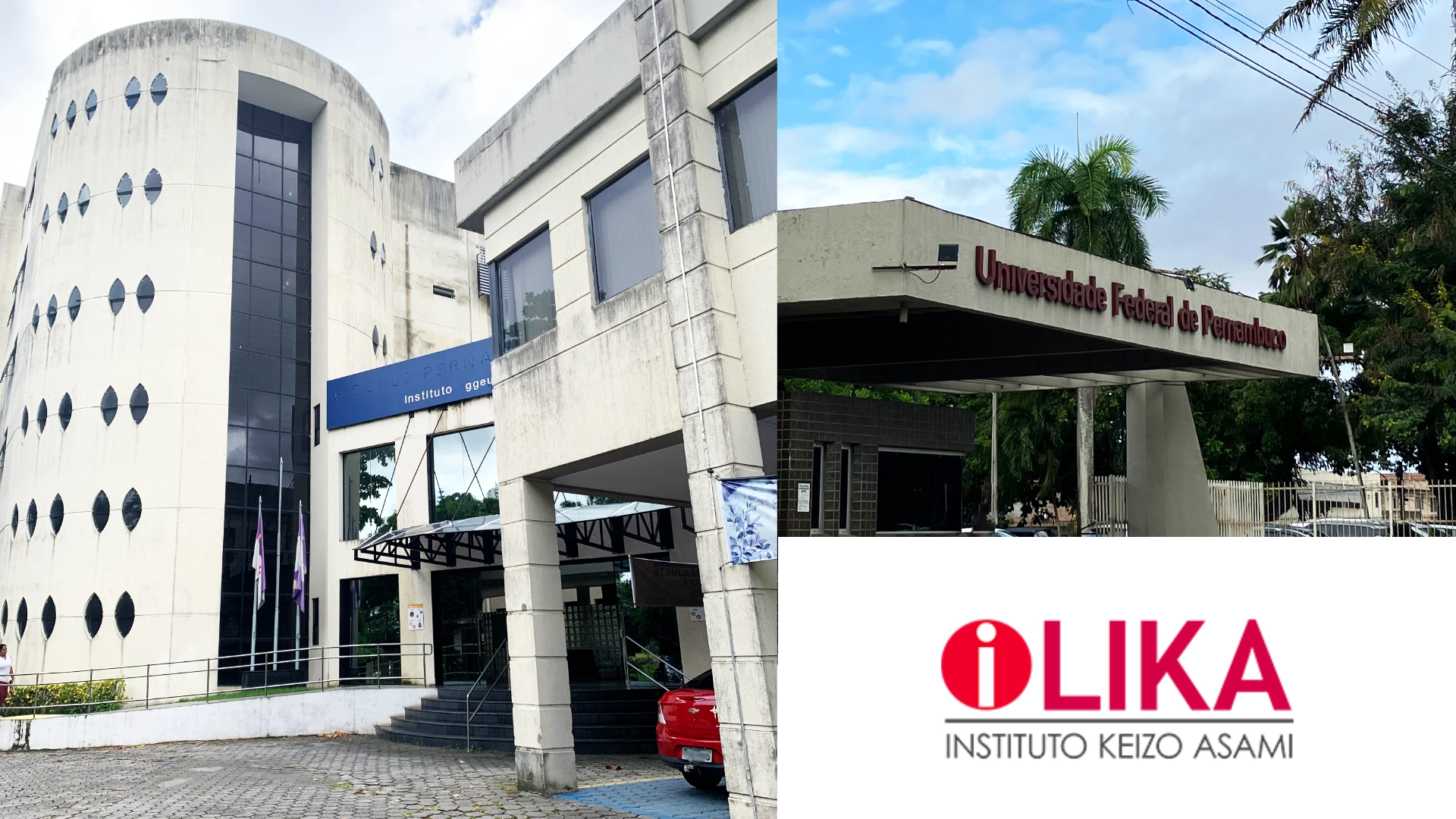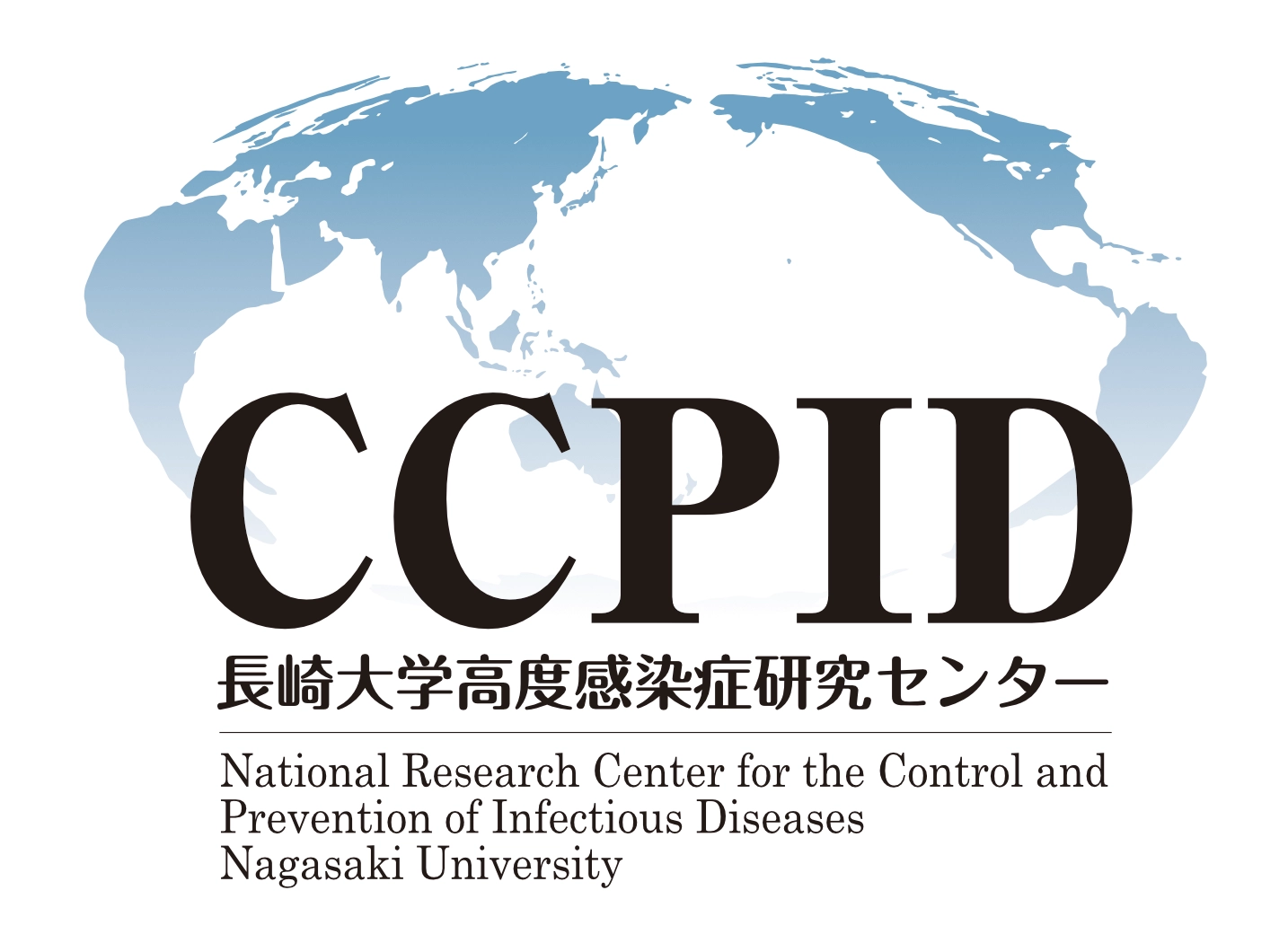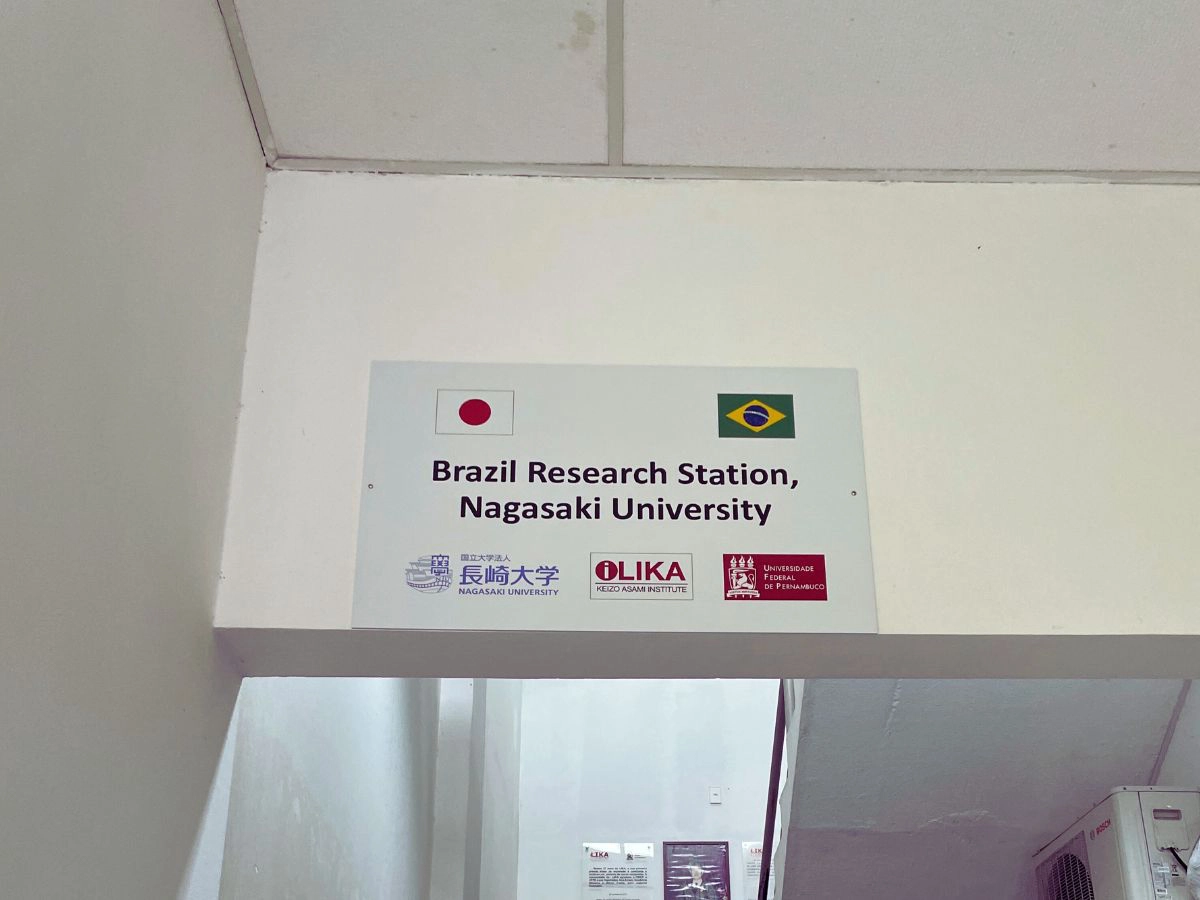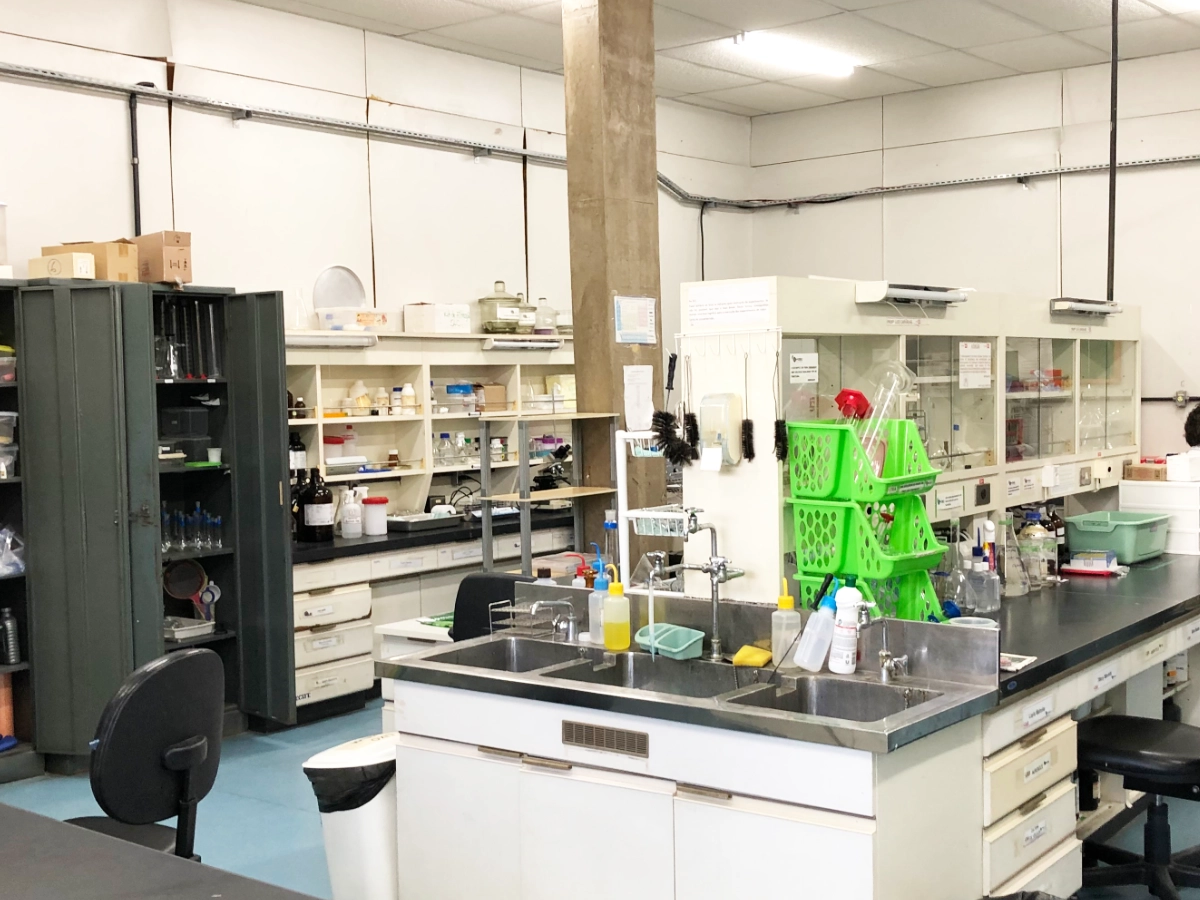
About
The Brazil Resarch Station was established in January 2024 as an overseas research center in response to the proposal “Promotion of Research on Control of Emerging and Re-emerging Infectious Diseases in Brazil (Principal Investigator: Professor Jiro Yasuda)” submitted as part of the AMED FY2023 Research Infrastructure Creation Project (Overseas Research Centers). The center is located in the Keizo Asami Research Institute of the Federal University of Pernambuco in Recife, in the northeastern part of the Federative Republic of Brazil, and will conduct surveys of infectious diseases occurring in Brazil, research on countermeasures against these infectious diseases, and proactive research on emerging infectious diseases that may appear in the future. It also conducts proactive research with local researchers on emerging infectious diseases that may emerge in the future.
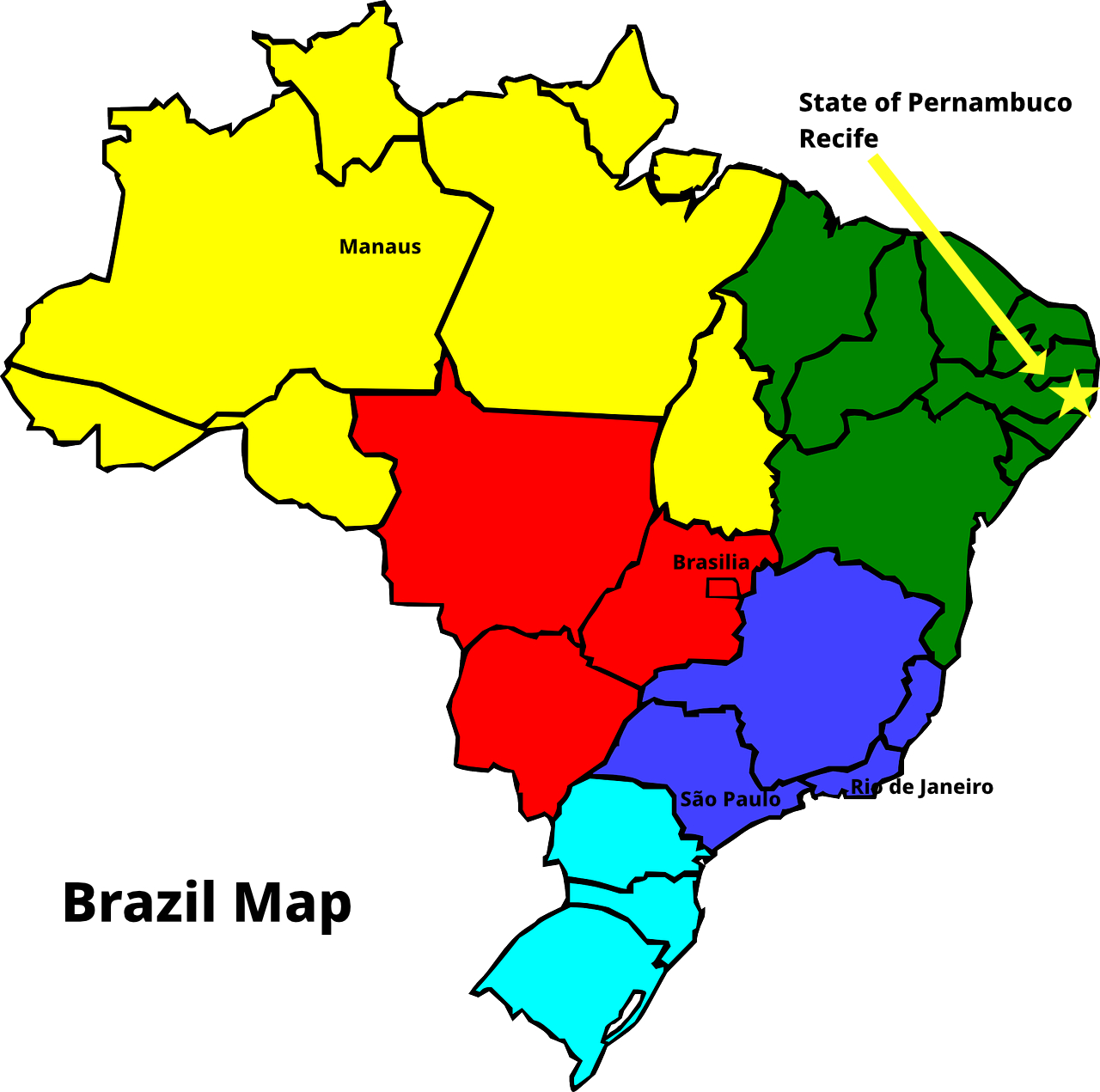
Background of Establishment of the research station in Brazil
While Brazil is experiencing rapid economic growth, it is also prone to emerging infectious diseases and infectious disease outbreaks due to poverty, population growth, and development accompanied by environmental destruction. In fact, in 2015-16, a large-scale outbreak of Zika virus infection (Zika fever) occurred in Brazil and other parts of Latin America, spreading to other parts of the world. In addition, the early stages of the pandemic of novel coronavirus infection (COVID-19) were severe, with the fourth highest cumulative number of infections and second highest cumulative number of deaths in the world. Influenza, measles, West Nile fever, dengue fever, chikungunya fever, and yellow fever have also been frequently prevalent, and outbreaks of zoonotic diseases unique to Latin America such as Chagas disease, Mayaro fever, and South American hemorrhagic fever have also become problematic. Furthermore, the Amazon rainforest in northwestern Brazil is home to a wide variety of wild animals, and there is concern about the possibility of emerging infectious diseases such as Disease X due to increased contact with wild animals.
Thus, Brazil is one of the major epicenters for the global spread of infectious diseases, and constant monitoring of infectious disease outbreaks is necessary for the formulation of international infectious disease control measures. In addition, infectious disease monitoring in Brazil, with its high potential for emerging infectious disease outbreaks, is also critical for rapid identification of emerging and re-emerging infectious disease outbreaks, including Disease X.
About iLIKA – UFPE
Keizo Asami Institute
The Keizo Asami Research Institute (iLIKA) was established in 1986 at the Federal University of Pernambuco (UFPE) under a JICA technical cooperation project and was named after Dr. Keizo Asami (Professor, Faculty of Medicine, Keio University), who was instrumental in its establishment. At the time of its establishment, the institute was called the Keizo Asami Institute of Immunopathology (LIKA), but was renamed to its current name in 2022. The group of Professor Jiro Yasuda (Institute of Tropical Medicine/Center for Research on Advanced Infectious Diseases) started a joint research with Nagasaki University during the Zika fever epidemic in 2016.
